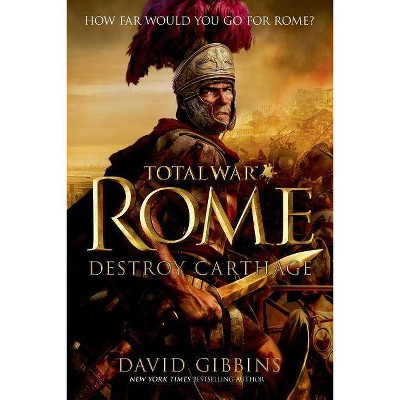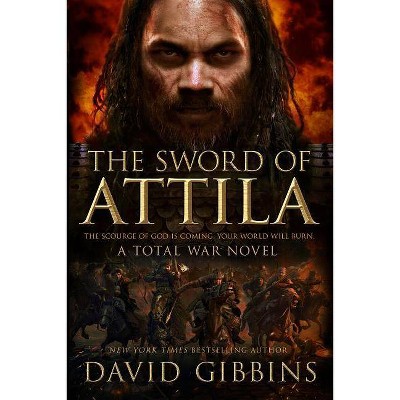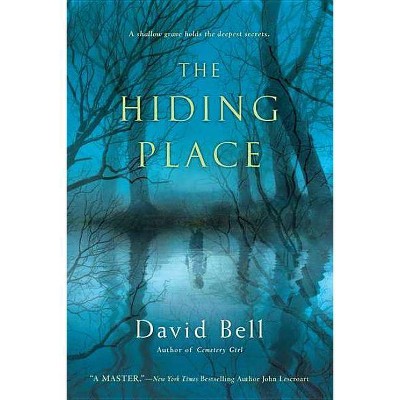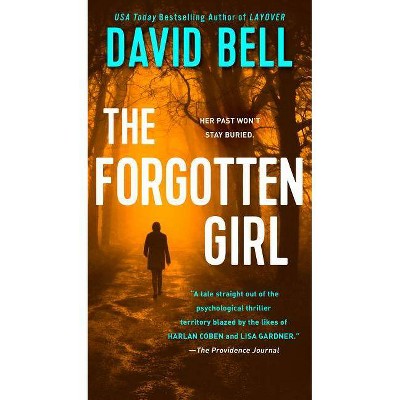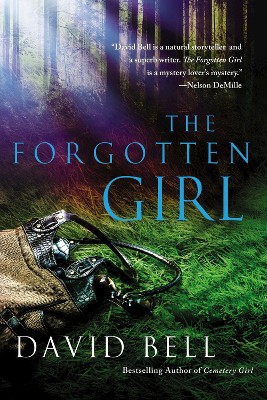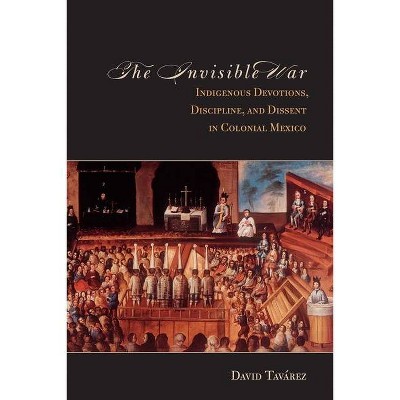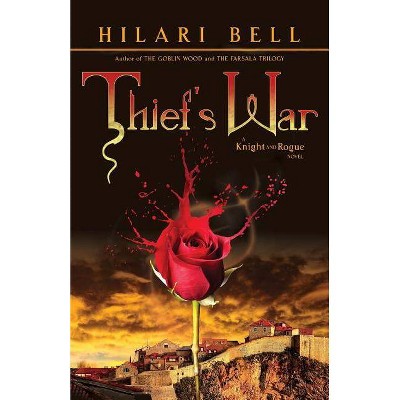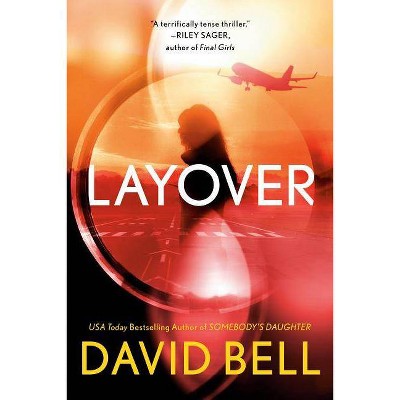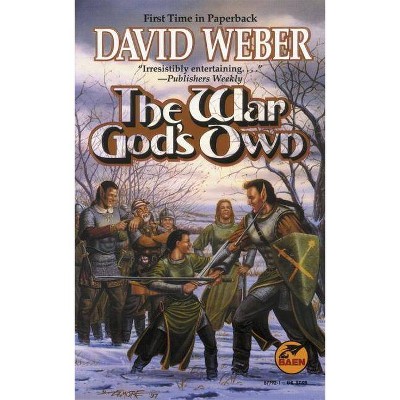The First Total War - by David A Bell (Paperback)
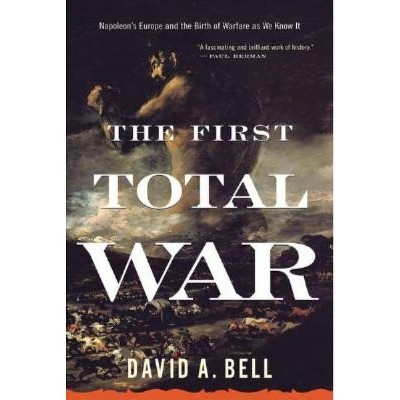
Similar Products
Products of same category from the store
AllProduct info
<p/><br></br><p><b> About the Book </b></p></br></br>As Bell argues in this tour de force of interpretive history, nearly every modern aspect of war took root during the Enlightenment and the French Revolution: conscription, unconditional surrender, mobilization of civilians, guerrilla warfare, and the notion of war fought for the sake of peace.<p/><br></br><p><b> Book Synopsis </b></p></br></br>The twentieth century is usually seen as "the century of total war." But as the historian David Bell argues in this landmark work, the phenomenon actually began much earlier, in the era of muskets, cannons, and sailing ships--in the age of Napoleon. <p/> In a sweeping, evocative narrative, Bell takes us from campaigns of "extermination" in the blood-soaked fields of western France to savage street fighting in ruined Spanish cities to central European battlefields where tens of thousands died in a single day. Between 1792 and 1815, Europe plunged into an abyss of destruction. <p/> It was during this time, Bell argues, that our modern attitudes toward war were born. In the eighteenth century, educated Europeans thought war was disappearing from the civilized world. So when large-scale conflict broke out during the French Revolution, they could not resist treating it as "the last war" -- a final, terrible spasm of redemptive violence that would usher in a reign of perpetual peace. As this brilliant interpretive history shows, a war for such stakes could only be apocalyptic, fought without restraint or mercy. <p/> Ever since, the dream of perpetual peace and the nightmare of total war have been bound tightly together in the Western world--right down to the present day, in which the hopes for an "end to history" after the cold war quickly gave way to renewed fears of full-scale slaughter. <p/> With a historian's keen insight and a journalist's flair for detail, Bell exposes the surprising parallels between Napoleon's day and our own--including the way that ambition "wars of liberation," such as the one in Iraq, can degenerate into a gruesome guerrilla conflict. The result is a book that is as timely and important as it is unforgettable.<p/><br></br><p><b> Review Quotes </b></p></br></br><br>Thoughtful and original . . . Bell has mapped what is a virtually new field of inquiry: the culture of war. --Steven L. Kaplan, Goldwin Smith Professor of European History, Cornell University <p/>"A mesmerizing account that illuminates not just the Napoleonic wars but all of modern history... it reads like a novel. --Lynn Hunt, Eugen Weber Professor of Modern European History, UCLA <p/>"A terrific book, fresh, original and compelling. . . a brilliant account of a fundamental historical transformation." --Keith Michael Baker, Stanford University <p/>"David Bell gives a gripping account of the transformation of European war. This is a bold and important book. --Natalie Zemon Davis, University of Toronto <p/>"As wise at it is timely, and as rich in detail as it is grand in scope." --David Armitage, Professor of History, Harvard University <p/>"A page turner . . . Everyone who hates wars . . . should read these pages." --Patrice Higonnet, Harvard University <p/>[David Bell] is one of the best prose stylists of his generation." --Steven Englund, author of Napoleon, A Political Life <p/>"From the gripping opening paragraphs to the very end, The First Total War is . . . an historical page-turner. --Dror Wahrman, Ruth N. Halls Professor of History, Indiana University<br>
Price History
Cheapest price in the interval: 17.99 on November 8, 2021
Most expensive price in the interval: 19.99 on October 22, 2021
Price Archive shows prices from various stores, lets you see history and find the cheapest. There is no actual sale on the website. For all support, inquiry and suggestion messagescommunication@pricearchive.us
